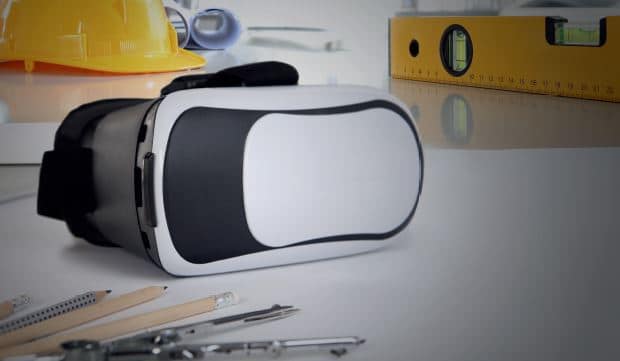This excellent report (published by the Foundation of the Wall and Ceiling Industry and made available to FIS Members via the Association of the Wall and Ceiling Industry -AWCI) explores how construction technology is impacting the means and methods of wall and ceiling construction and draws on original interviews with industry thought leaders working in this sector in the US to provide insight into how technology is transforming the sector.
Background
The need for wall and ceiling contractors to work more productively and safely in today’s labour-constrained construction environment is driving investment in
project management software, tracking and tagging systems and prefabrication machinery at wall and ceiling firms.
“The big drivers for me are productivity, quality and safety,” says Stephen Eckstrom, president, California Drywall Company. “I’m going to adopt more technology
if these [drivers] improve.”
Technology Investment Is Increasing
While many in the commercial construction industry have been slow to adapt to new technologies, according to various sources, technology investment is increasingly being seen as important.
“[Technology] will ensure that your company is positioned to offer new levels of service that may set you apart from competitors,” says Nancy Brinkerhoff, president and CEO of Ironwood Commercial Builders in Northern California and 2019–2020 president of AWCI.
“Companies not on board the automation revolution will be left behind,” says S.S. Saucerman in the AWCI’s Construction Dimensions article, “The Weakest Link? Us.”
How Is Technology Defined?
Technology is “the science or study of the practical or industrial arts,” says Webster’s New World College Dictionary. This definition1 suits the objective of this paper,
which is to discuss “practical” applications that affect the wall and ceiling industry’s workflows. Technology includes software, tools, collaboration methods, ways to
gather and analyse data and more.
What Is Meant by Means and Methods of Construction?
The means and methods of construction is a central principle of construction contracts in which the contractor controls the processes and materials used to build
structures falling within his or her scope of work. Often, contractors must provide their own incidental design input, value engineering or minor plan modifications to resolve on-the-spot difficulties during construction. The goal of contract fulfilment is to complete a project efficiently, profitably and within specifications. This is where investment in technology can have an impact.
A full copy can be downloaded here (FIS Members Only)
Foundation of the Wall and Ceiling Industry
FIS is grateful to the Association of the Wall and Ceiling Industry (AWCI), our sister organisation in the US who has given us permission to share this report with our membership. It is published by The Foundation of the Wall and Ceiling Industry. The Foundation’s mission is to be an active, unbiased source of information and education to support the wall and ceiling industry.

